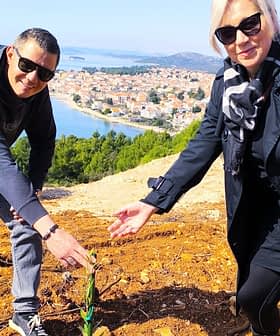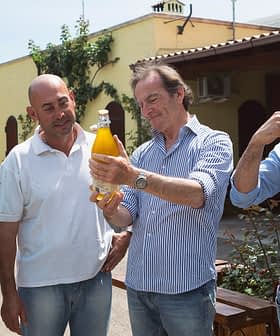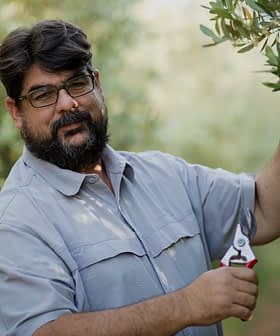Catalan Producers Emphasize History and Sustainability in Tourism Initiative
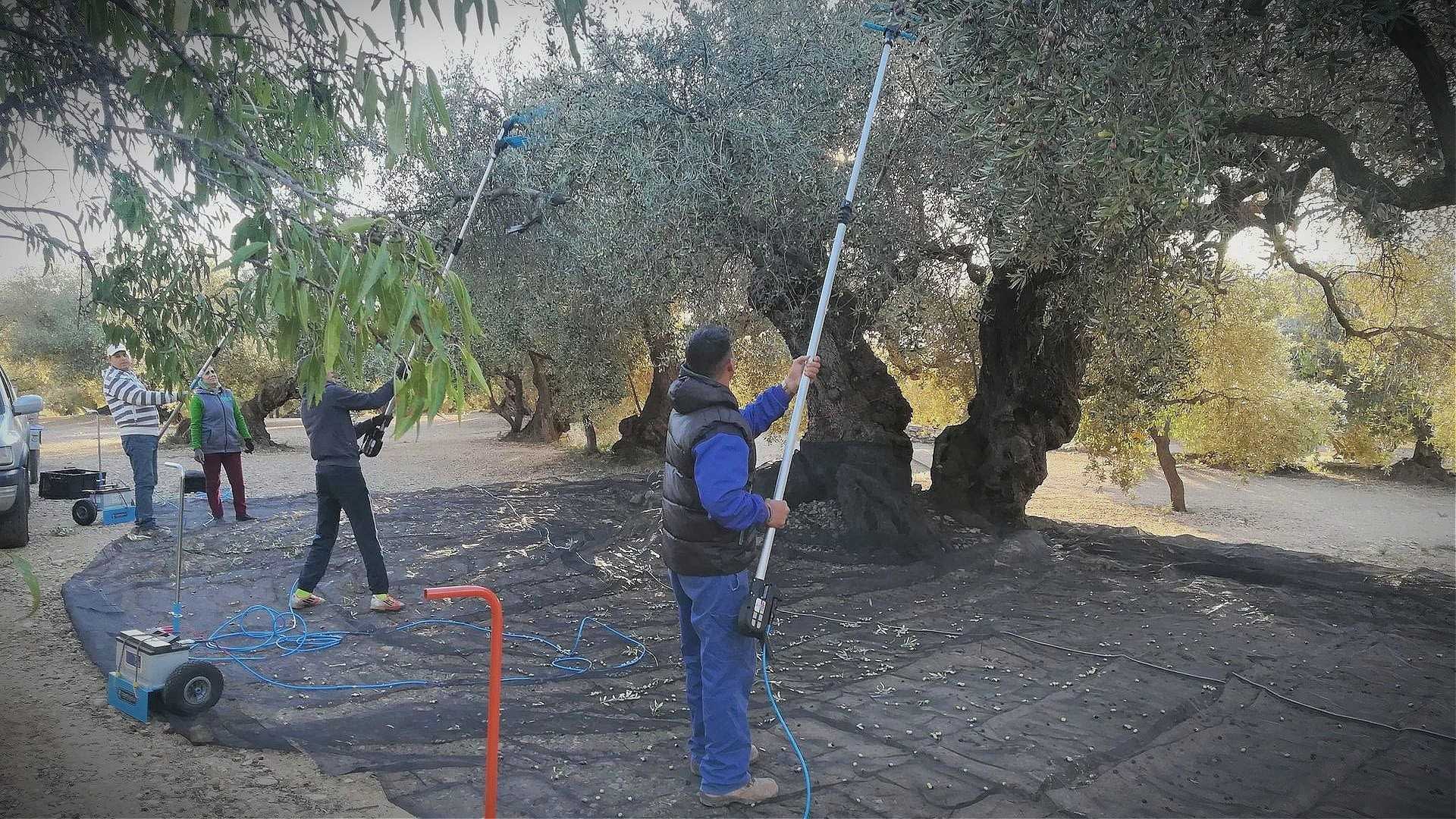
Spain remains under a strict state of emergency as Covid-19 cases and deaths continue to rise, impacting the olive oil industry. Small producers like Arbor Sacris had to adapt their business strategies due to the pandemic, focusing on online sales and developing olive oil tourism projects to promote their artisanal products and millennial olive trees. Despite challenges, the family-run operation is committed to preserving cultural heritage and sustainability, hoping to attract tourists interested in biodiversity and natural value once international travel resumes.
As the number of new Covid-19 cases and deaths continues to climb in Spain, the world’s largest olive oil-producing nation remains under a strict state of emergency.
The slow rollout of the vaccine across the country likely means there will be no respite for the restaurant and hospitality sector anytime soon.
We want to attract the kind of people that visit a place to experience its biodiversity and its natural value; not only for tapas and paella.
For the many small producers scattered throughout Spain, the Horeca sector is one of the largest destinations for their product. Local markets and fairs – another primary income source for small producers – have also been rescheduled and halted.
“It was very hard to try to sell the olive oil this year as a result,” Marc Morella Cabanes of Mil & Un Verd told Olive Oil Times. “We had to improvise, adapt and overcome. We had to change our business objectives.”
See Also:In Spain, Some See New Opportunities for Tourism in Pandemic’s WakeIn the shadow of the Muntanyes de Benifassà, at the southern tip of the autonomous community of Catalunya, the producers of the award-winning Arbor Sacris brand only started making olive oil two years ago.
“It is a different concept of olive oil coming only from millennial trees, with a focus on quality and presentation,” Morella said.
Arbor Sacris is a monovarietal composed of the endemic Farga cultivar and is characterized by its sweetness and texture. Along with their coupage, Arbor Senium, the company produced 600 liters of olive oil in the 2020/21 crop year.
“This year was very difficult because many of the trees entered an off-year,” Morella said. “We had very good production [of about 1,600 liters] in 2019, but this year, it has been much lower.”
However, quality and environmental stewardship are more important to Morella and the family than quantity.
“For Arbol Sacris, we have 19 olive trees, but also we have this project of taking millennial olive trees that are completely abandoned and recovering them,” Morella said.
“We talk to the owners who are unable [due to age] to take care of the trees and leave them there to grow wild,” he added. “We make a deal with them to take care of the trees for free, but we get to use the olives for our production. There are a lot of millennial trees in the area that have been recovered thanks to this project.”
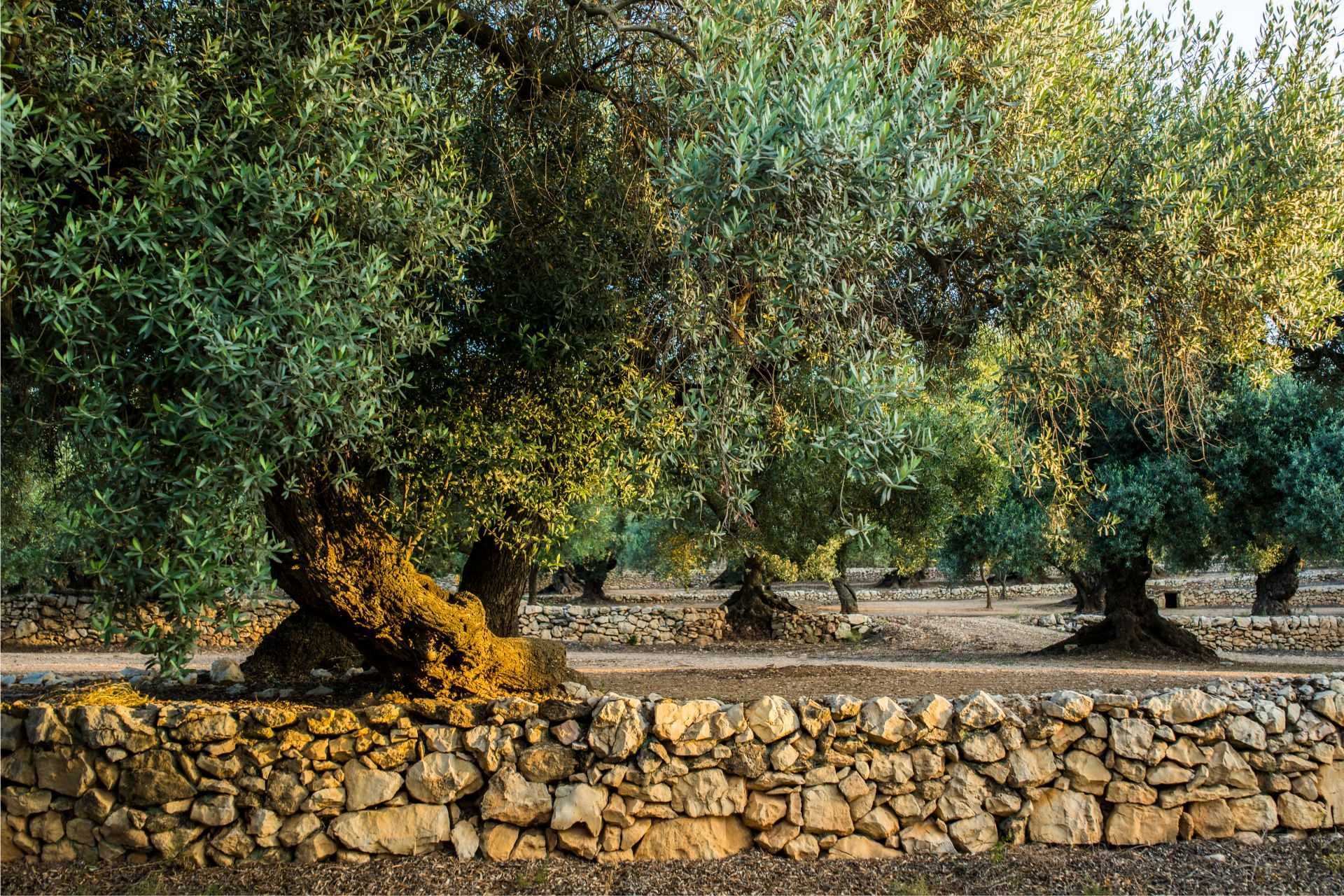
Marc Morella Cabanes
Taking care of the trees helps all of the producers in the area. Abandoned olive trees are a significant reservoir for diseases and were identified as one of the causes for the devastating spread of Xylella fastidiosa in Puglia.
While the pandemic did not severely impact their ability to produce olive oils this year, it made selling their artisanal product much more difficult.
Morella said the closure of restaurants and the cancelation of fairs caused the company to focus on selling olive oil online and developing an oleoturismo – olive oil tourism – project.
“We changed our objectives to sell less olive oil and more so promote tourism,” he said. “Our olive trees are categorized as millennial olive trees and are protected by UNESCO.”
See Also:Best Olive Oils From SpainDuring last year’s brief summer tourism season, Morella said that the family-run operation focussed on attracting local tourists to come and see the massive trees, learn about the area’s rich history and taste some of their award-winning olive oils.
“We bring the people to come and see the millennial olive trees so they can see part of the area’s history,” he said. “We also explain about the terraces and history of the groves as well as their archaeological and natural heritage. We also offer the possibility to have a tasting under the trees.”
Highlighting the dry-stone terraces is one of the main highlights of the tour. Morella estimates that they were built between 500 and 600 years ago to protect the trees from erosion, flooding and wildfires.
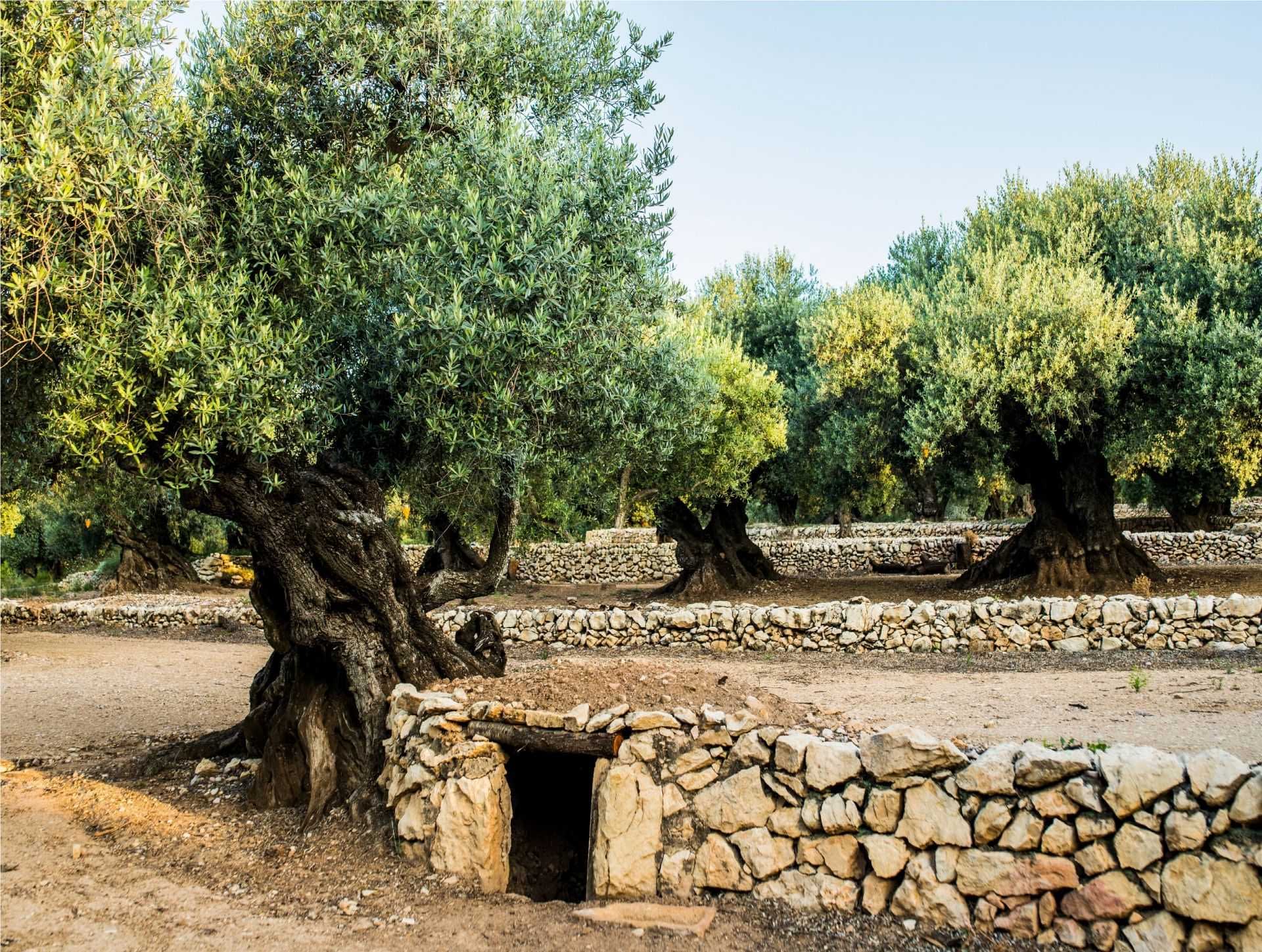
Marc Morella Cabanes
Despite their age and state of dilapidation, they still do so effectively. Along with highlighting their continued importance to the landscape, Morella and the family hope to preserve and restore them.
Also located within the estate are monuments to Spain’s bloody civil war. While the fighting ended more than 80 years ago, the conflict remains relevant to culture and politics, especially in Catalunya.
“We have different constructions inside the estate that are mostly hunting constructions and have a lot of history,” Morella said. “Some of the maquis – Republican guerilla soldiers – during the Spanish Civil War used to hide there from the Nationalist soldiers.”
“They also used those constructions for hunting in the aftermath of the war, which brought famine,” Morella added.
Along with these structures, Morella said that soldiers also hid among the olive trees.
“The olive trees that are more than 500 or 600 years old tend to grow into strange forms,” he said. “At some point, they form natural caves with their roots, so people could stay there and hide. [Fortunately], they were not damaged during the war. ”
The family has enjoyed modest success while catering to mostly domestic tourists who visit from the surrounding provinces.
Once the pandemic ends and international tourism begins to open up, Morella believes the operation can broaden its appeal while maintaining its commitments to cultural preservation and sustainability.
“We would like to focus on sustainable and ecological tourism,” he said. “We want to attract the kind of people that visit a place to experience its biodiversity and its natural value; not only for tapas and paella.”


